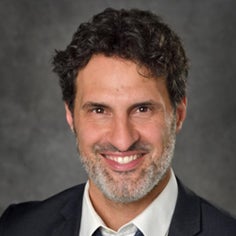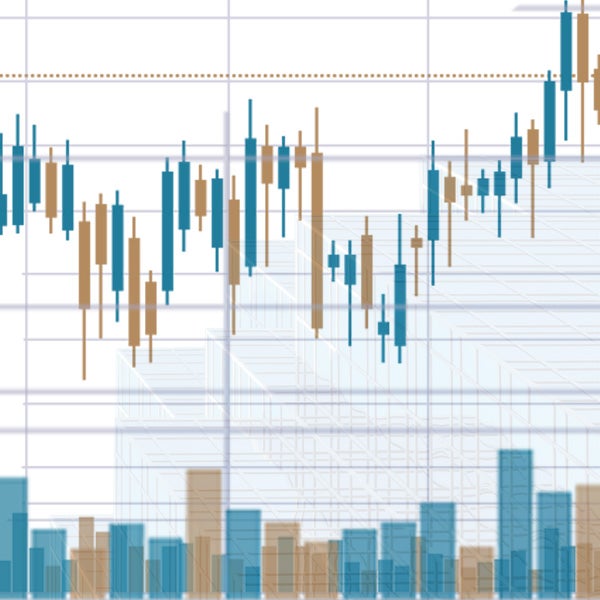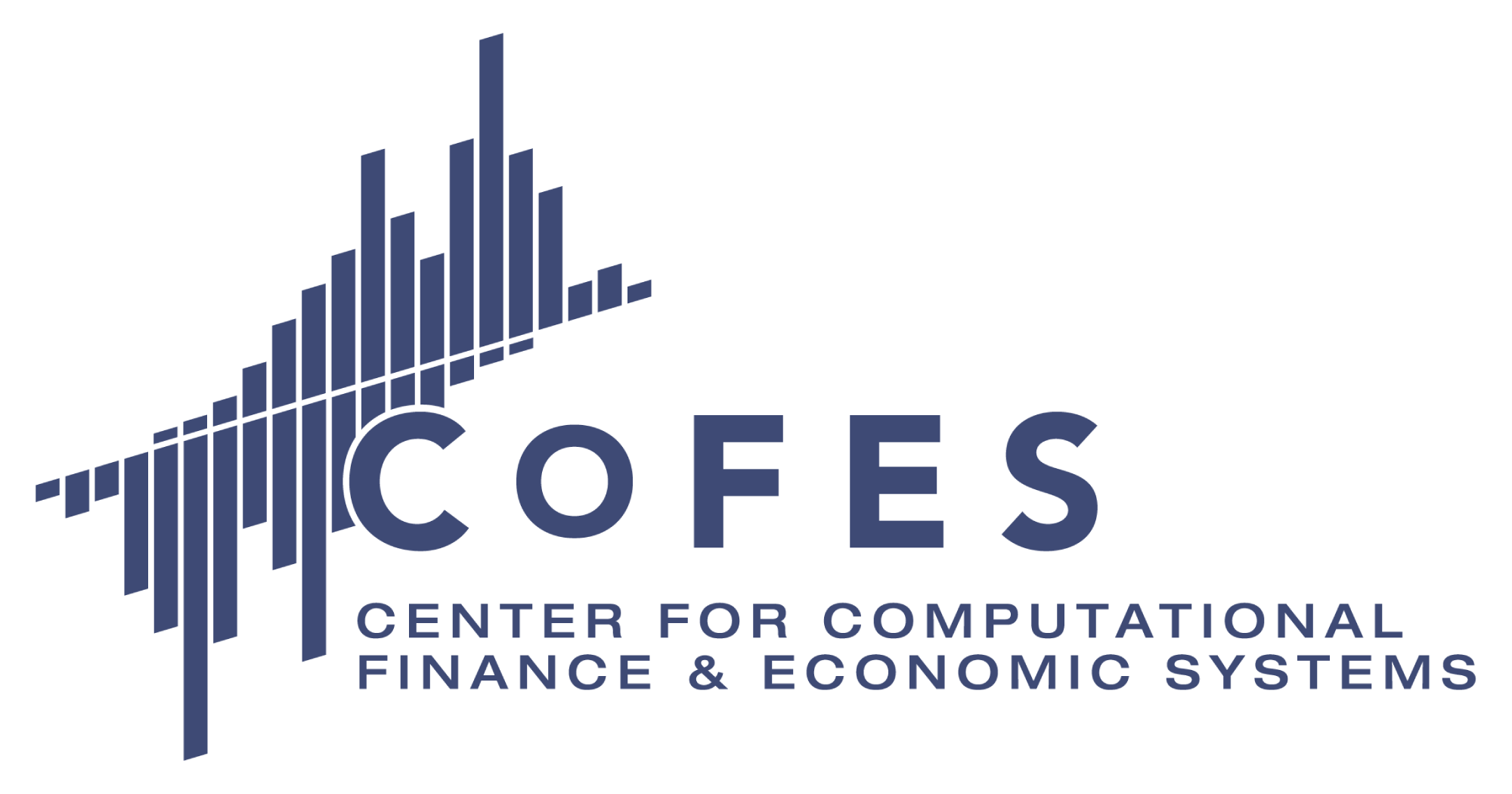
Rice University Statistics Professor Frederi Viens is introducing a new statistics course in stochastic calculus with applications in finance in the spring of 2024. The three-credit course is the third section of STAT 699 — Topics in Statistical Sciences.
Designed primarily for graduate students in statistics, computational applied mathematics and operations research, or mathematics and strong undergraduate students in engineering who have completed a prerequisite course in Statistical Probability (STAT 581), Mathematical Probability (CMOR 552), or equivalent training in measure-theoretic probability.
The course will dive deeper into measure-theoretic probability while integrating core applications and specialized topics in investment finance. Viens will present complex concepts on stochastic calculus for continuous processes such as Brownian, with examples from real applications.
Viens has found strong student interest in the subject while teaching courses in statistical and mathematical probability this fall. He said, “Many students enjoyed the rigorous construction of stochastic objects but were unclear about how these constructs could apply in practice.”
Viens, who joined Rice as a professor in the Department of Statistics in the fall of 2022, is an affiliated faculty member and collaborator in the Center for Computational Finance and Economic Systems (CoFES). He is a long-standing expert in probability theory, stochastic processes, mathematical statistics, and applied probability for insurance mathematics and quantitative finance.
Over the past 15 years, Viens has developed a robust applied statistics research program and collaborates on several significant projects in climate science, agricultural economics, hydrology, development economics, nuclear physics, human health management, and agronomy. He serves as moderator of the Seminar on Stochastic Processes, is a member of the Editorial Board of the Annals of Finance, and is a senior member of the Risk Modeling Group for Land Core. He is also an associate editor for several prestigious journals in probability, statistics, and finance.
“The continuous-time framework of Bachelier, Black, Merton, and Scholes, is ubiquitous for modeling and applications in quantitative finance. It is based on Ito’s stochastic calculus, which is to this day, perhaps the most fruitful mathematical application in investment finance. Even some of the finer points of this theory, including Brownian local time, and optimal stopping, can be illustrated via finance examples such as pricing for path-dependent option.”
The course will cover elementary stochastic differential equations (SDEs), and the representation of solutions of parabolic partial differential equations using solutions of SDEs, including the Feynman-Kac formula. “This is key to fully understanding option pricing in the Black-Scholes framework,” said Viens.
Viens has a master's degree in mathematics from the University of California at Irvine, a maîtrise de mathématiques pures from the Université de Paris 7, France, and a Ph.D. in mathematics from the University of California, Irvine.
- Shawn Hutchins, Communications and Marketing Specialist

